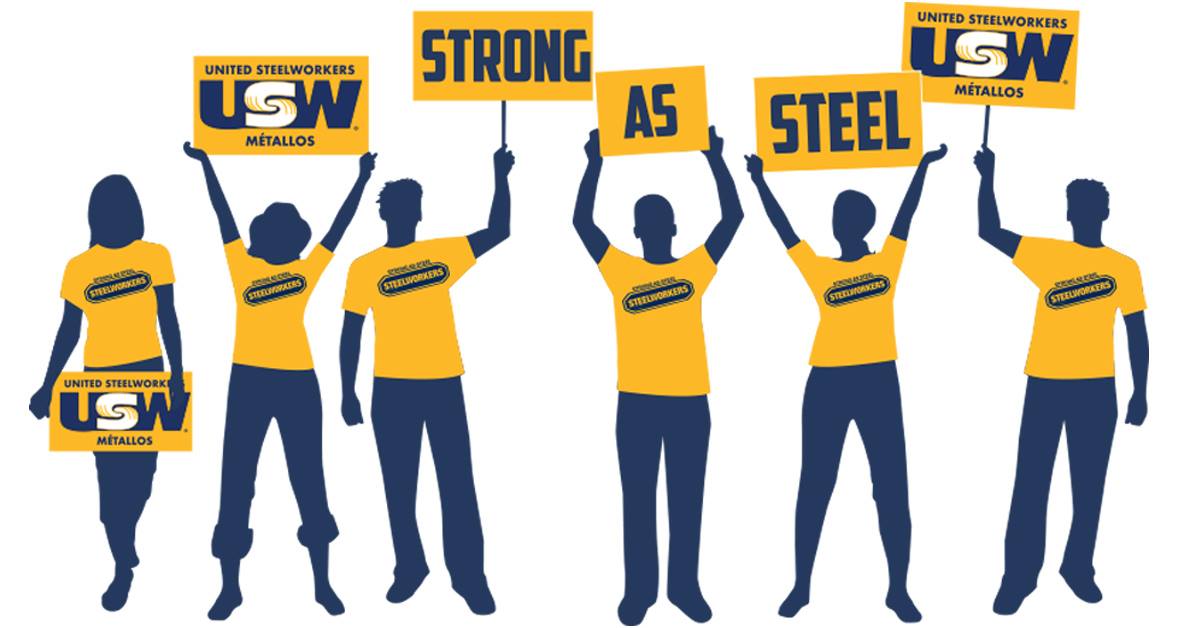The lockout of workers at a Quebec aluminum plant comes at a perilous time for the Canadian industry because of uncertainty over the future of NAFTA and slowing U.S. demand, says the head of the Canadian Aluminum Association.

“We find ourselves in a very fragile situation,” Jean Simard said Thursday after the ABI smelter in Becancour, Que., locked out workers who rejected a contract offer.
Simard didn’t want to wade into the labour dispute itself, but said market conditions are challenging because of the potential instability in the U.S. over NAFTA’s future as the auto and housing sectors begin to slow.
“The annual growth in demand in our key market based on fundamental indicators is also slowing down so it’s not the best of times to have a labour situation like this,” he said in an interview.
The sixth round of NAFTA negotiations will resume later this month in Montreal, but Foreign Affairs Minister Chrystia Freeland said the government is also preparing for the worst-case scenario — a decision by President Donald Trump to withdraw from the three-way, continental trade pact.
Quebec smelters make 90 per cent of Canada’s 3.2 million annual tonnes of the lightweight metal, 90 per cent of which is exported south of the border.
ABI Becancour said it locked out 1,030 unionized employees at around 3 a.m. Thursday.
It plans to use non-unionized workers to maintain operations at one of three production lines.
The smelter about halfway between Montreal and Quebec City has the capacity to produce about 430,000 tonnes of aluminum annually.
- Posters promoting ‘Steal From Loblaws Day’ are circulating. How did we get here?
- As Canada’s tax deadline nears, what happens if you don’t file your return?
- Do you need to own a home to be wealthy in Canada? How renters can get ahead
- Investing tax refunds is low priority for Canadians amid high cost of living: poll
The major private employer in the region is 75 per cent owned by Alcoa and 25 per cent by Rio Tinto.
The move was taken less than 24 hours after members of United Steelworkers Local 9700 voted more than 80 per cent to reject what the company called its final contract offer.
The union said the key issues in the dispute are a company plan to introduce a new member-funded pension plan instead of a defined benefit plan and recognition of workers’ seniority, particularly regarding employee transfers and turnover.
Clement Masse, president of the union local, said a settlement can be reached to replace a five-year collective agreement that expired in November if negotiations resume.
The two sides were convened by a government mediator to meet at noon.
While there is an excess global supply of aluminum, Americans used three million tonnes more last year than was produced in Mexico, Canada and the U.S., said Simard.
With Canadian smelters running at full capacity, any reduced output will be gobbled up by competitors from Russia, the Middle East, China and India.
“We’re competed against on our neighbouring turf by metal that comes from all over the world more and more. So when we pull out of the game the others come in.”
Although the global price of aluminum has improved to US$2,100 per tonne, it is far below where it was before the 2009 financial crisis.
Without a signal that demand and selling prices will get stronger, Simard said producers have to keep costs to the lower possible level to compete.




Comments